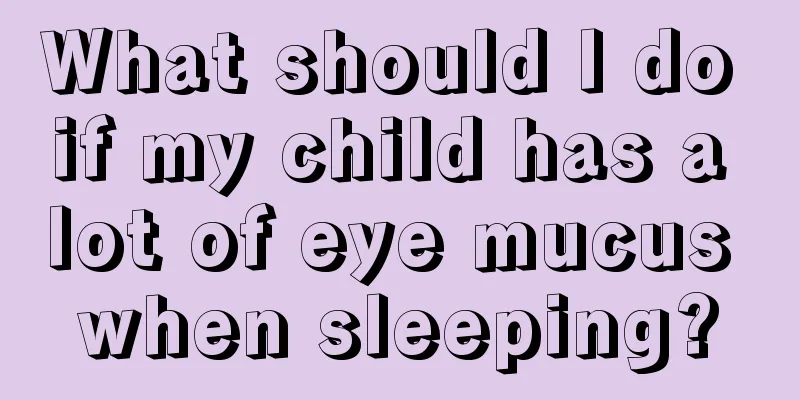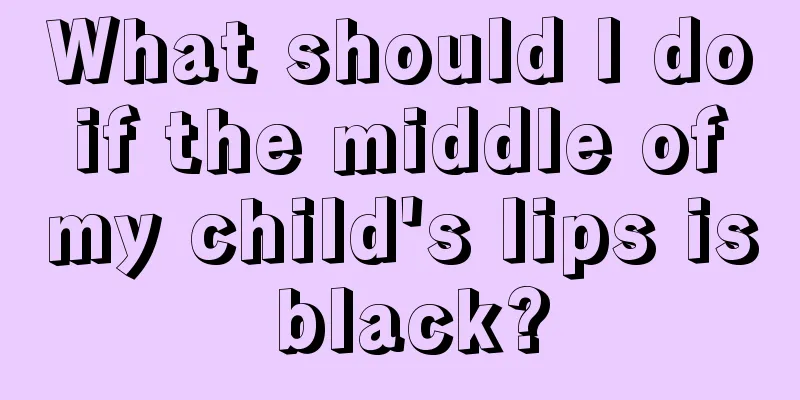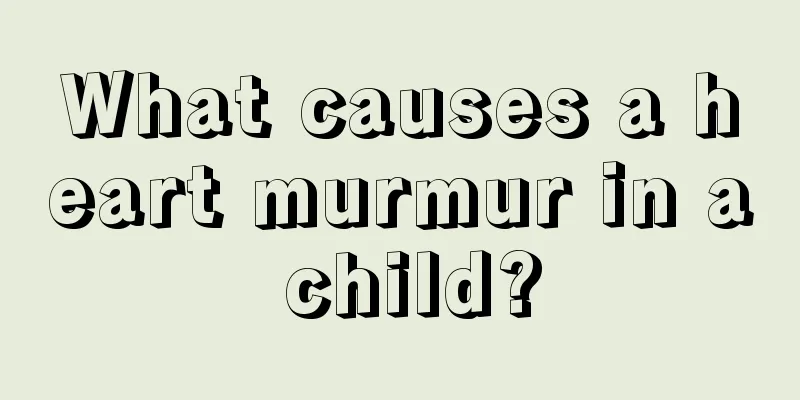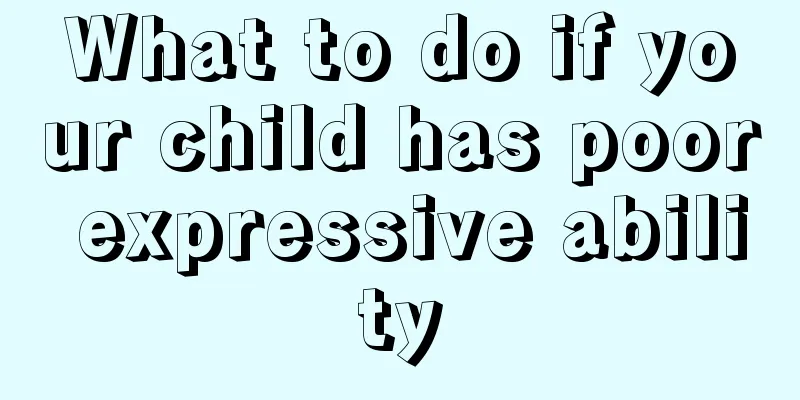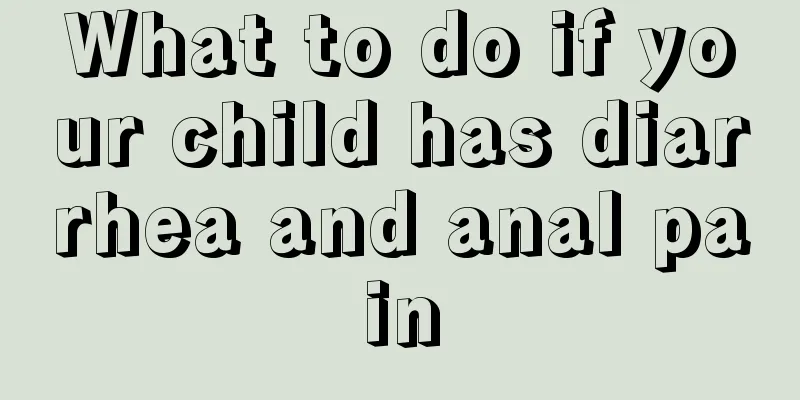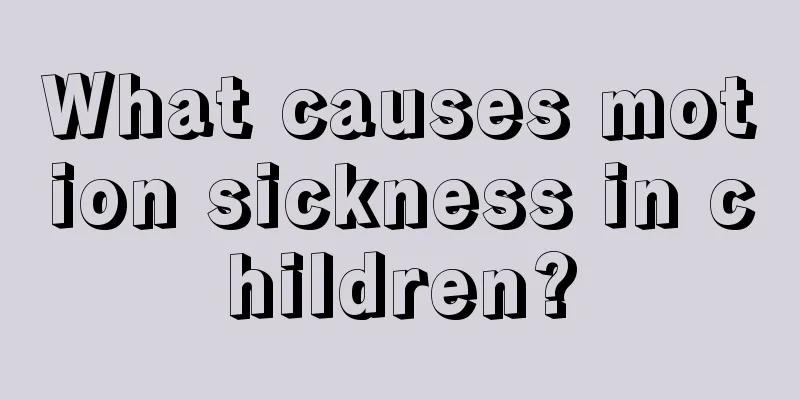What to do if a child's tear duct is blocked
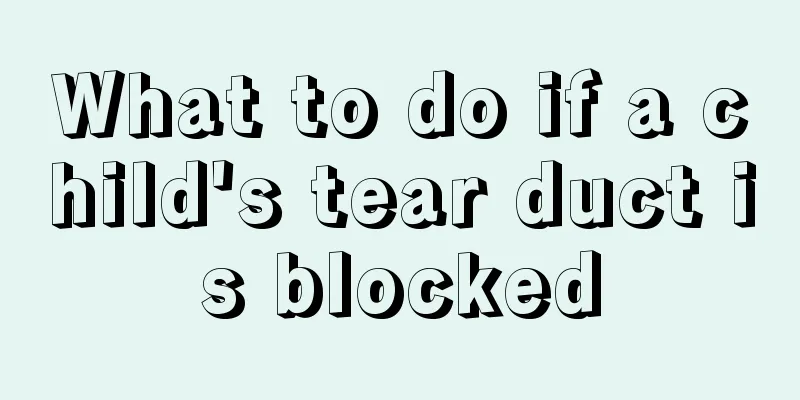
|
Many people may not understand what the tear duct is. In fact, the tear duct is the part through which people discharge tears. There is a tear point on the upper and lower eyelids, and the upper tear point is slightly inner than the lower tear point. The lacrimal canaliculus is a small tube connecting the lacrimal punctum and the lacrimal sac, and is divided into the upper lacrimal canaliculus and the lower lacrimal canaliculus. Some children may suffer from different symptoms of tear duct problems, which results in the inability to eliminate secretions from the tear glands, endangering the health of the eyes to a certain extent. As for how to flush the tear duct, the first thing to do is to choose the insertion point of the needle, generally inserting the needle into the lacrimal point in the inner part. The patient sits or lies down, facing the operator. Operation technique and error prevention: Insert the needle vertically into the lacrimal punctum to a depth of about 1.5~2.0mm, and then turn it 90 degrees. Point the needle tip toward the nose, that is, the long end of the needle is parallel to the nose. The needle tip is then advanced slowly along the lacrimal canaliculus. If there is no resistance, it can be advanced 5 to 6 mm. Push the liquid into the tube with even and appropriate force. If there is great resistance during flushing, backflow or outflow from another lacrimal duct, it indicates that the tear duct is blocked. The direction of fluid backflow is different in different parts of the tear duct. Pay attention to the depth when inserting the needle to avoid damaging the mucosa. The clinical significance of tear duct irrigation is that it can detect some diseases related to the tear duct, such as tear duct obstruction caused by trauma; purulent secretions in the irrigation of chronic dacryocystitis; other acute inflammations of the eye; bleeding tendency or nasal deformity; acute dacryocystitis. For most people, the tear ducts generally do not need to be flushed. Some newborn babies may have blocked tear ducts and a lot of eye mucus. At this time, it is not enough to just apply medicine on the eyes. You should first use a cotton swab dipped in warm water to slowly wipe off the eye mucus, then massage the eye area, and then have a professional doctor diagnose the specific location of the tear duct blockage and then clean the tear duct. |
<<: What to do if a child has a blocked tear duct
>>: What should I do if my baby has a poor appetite recently?
Recommend
Sun time for babies
We all know that sun exposure helps promote calci...
What medicine should the baby take if he has a fever?
For babies, the daily diet is very monotonous bec...
What to do if a fish bone gets stuck in your throat
When many parents feed their babies fish, if they...
What should I do if my baby always sweats while sleeping?
Many mothers will find that their babies always s...
One-year-old baby snack recipes
For babies, in daily life, it is okay to eat some...
Why is my seven-month-old baby's stool green?
Although breast milk is the most natural and nutr...
What are the symptoms of encephalitis in children? The doctor replied!
If infants and young children suffer from encepha...
Will children with low blood sugar grow up well?
It is well known that hypoglycemia can have many ...
How to take care of children who have stomach pain after eating too much
Many parents often encounter this situation in li...
What does the newborn screening test?
Babies are very important to parents. Parents pay...
What to do if a child has a viral fever
Many babies will feel unwell if they are not prop...
An 8-year-old girl has a lump on one breast
Girls' breasts develop very quickly, starting...
What should I do if my 4-year-old child keeps coughing?
When a baby is 4 years old, generally speaking, a...
What is missing when a child sleepwalks?
Many people think that sleepwalking is a scary th...
Swollen lymph nodes in the baby's abdomen
Because lymph nodes are distributed throughout th...
